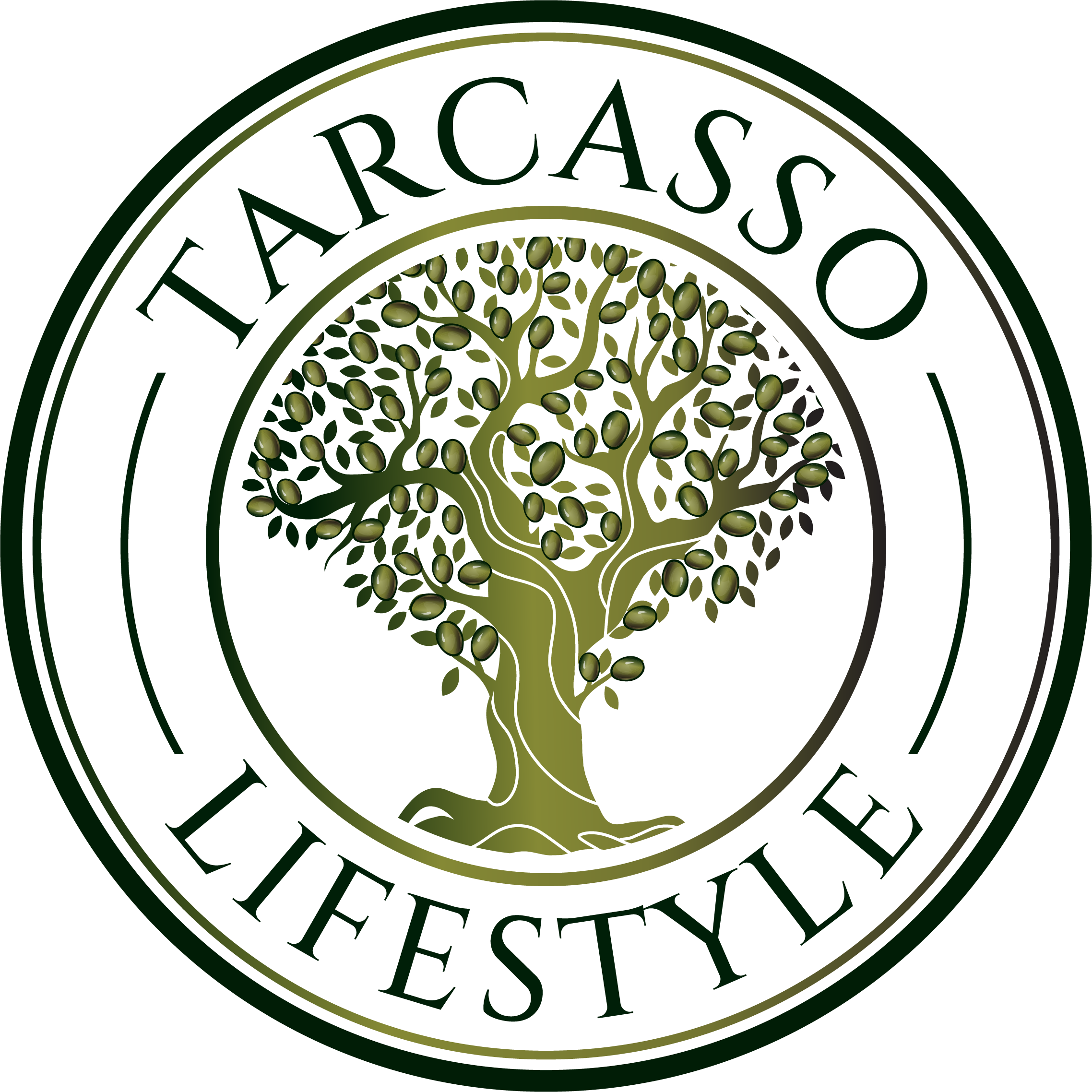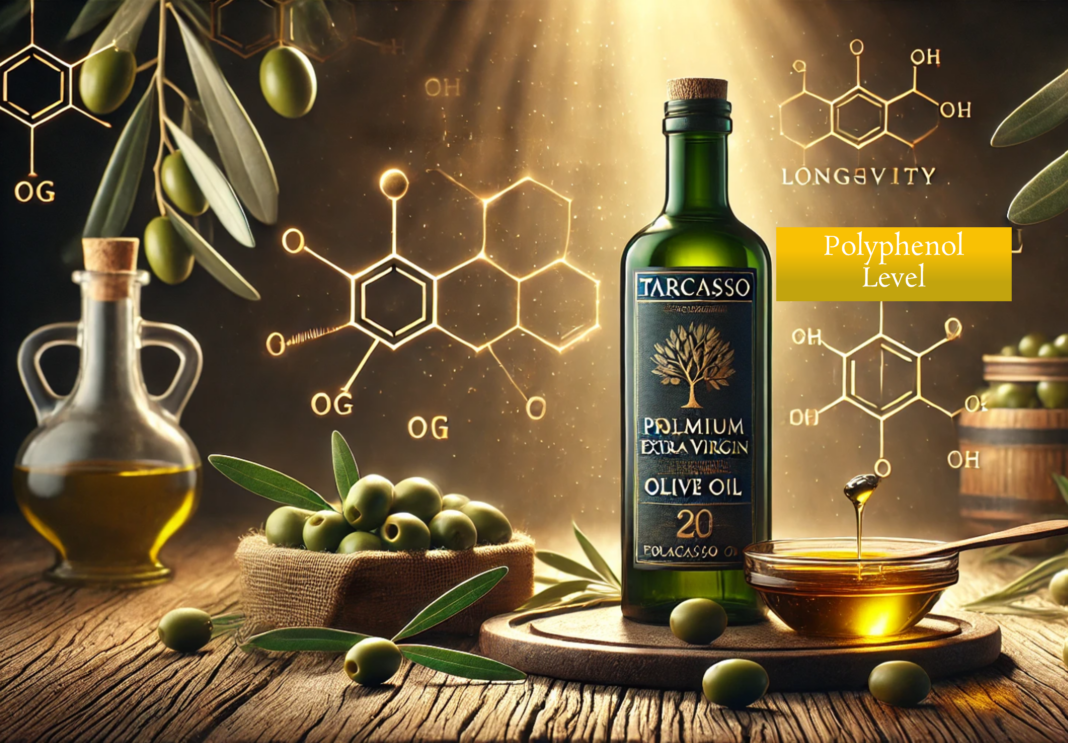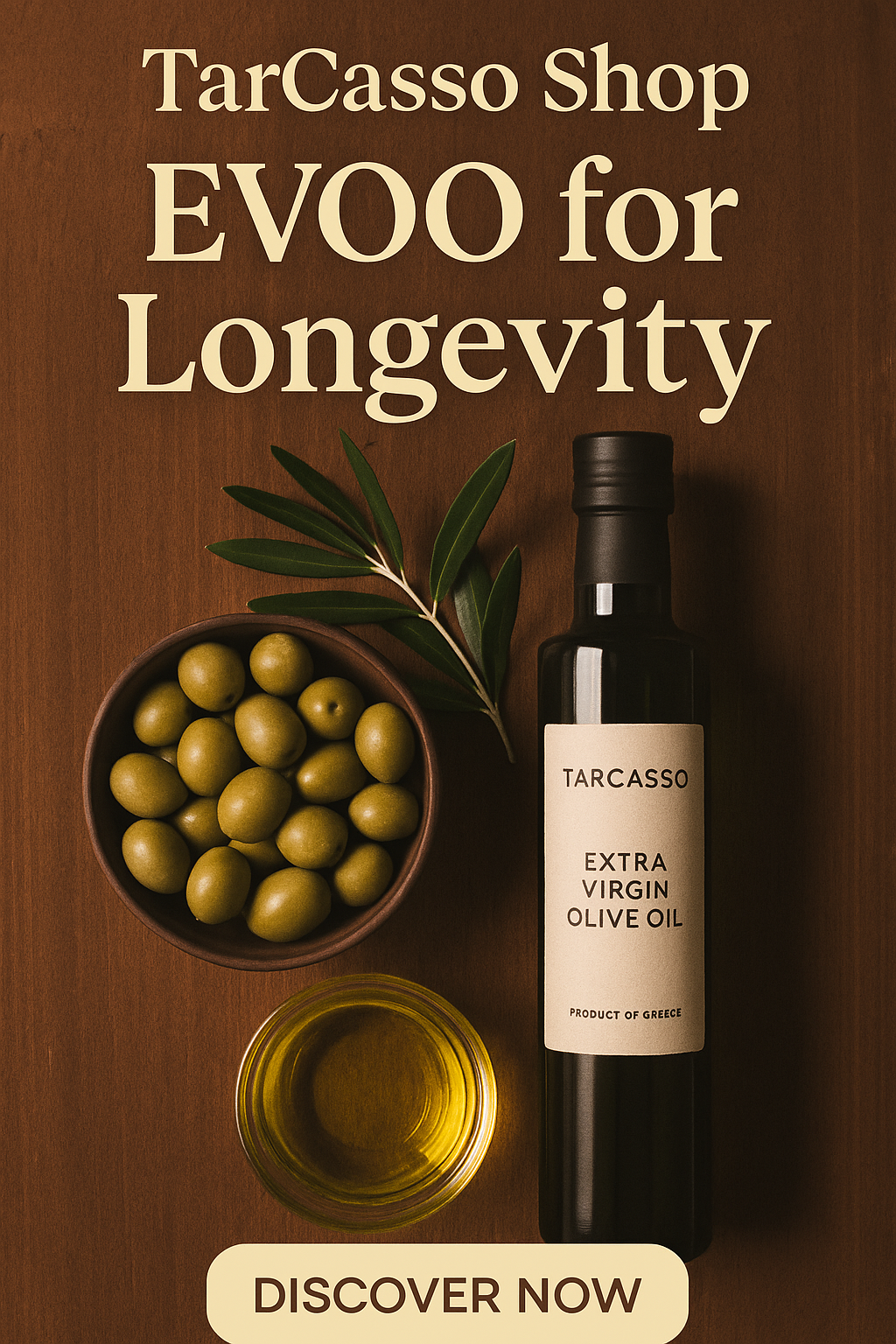Polyphenols are powerful plant compounds that have gained significant attention for their potential anti-aging and longevity-promoting properties. Longevity refers to the extension of lifespan and, more importantly, healthspan – the period of life spent in good health. In the context of anti-aging and healthy nutrition, longevity is closely linked to delaying age-related diseases and maintaining optimal cellular function.
Polyphenols and Longevity
Polyphenols have shown promising effects on longevity:
- Lifespan extension: Studies in model organisms have demonstrated that polyphenols can increase lifespan. For example, epicatechin (EC) increased survival rates in aged mice by 30.5% compared to controls.
- Cellular aging: Polyphenols suppress inflammation and regulate age-related pathways in the body, potentially delaying cellular aging.
- Oxidative stress reduction: As powerful antioxidants, polyphenols protect cells from oxidative damage, a major contributor to aging.
- Mitochondrial function: Some polyphenols, like pterostilbene, enhance mitochondrial health, which is crucial for cellular energy production and longevity.
- Biological aging: A 2023 study found that diets rich in polyphenols were associated with slower biological aging.
Key Polyphenol-Rich Foods for Longevity
- Berries (blueberries, blackcurrants, elderberries)
- Green tea
- Dark chocolate and cocoa
- Extra virgin olive oil
- Pomegranates
- Walnuts
- Red wine (in moderation)
- Coffee
Extra Virgin Olive Oil (EVOO) and Polyphenols
EVOO is a significant source of polyphenols, with content typically ranging from 200 to 900 mg/kg. Italian varieties known for high polyphenol content include:
- Coratina: Up to 902 mg/kg
- Moraiolo: High phenolic content
- Bianchera (Friulian): Expected to have 500-900 mg/kg
The European Food Safety Authority recommends a minimum daily intake of 5 mg/kg of hydroxytyrosol, a key olive oil polyphenol, for health benefits1.
By incorporating these polyphenol-rich foods into a balanced diet, individuals may support healthy aging and potentially extend their healthspan.





